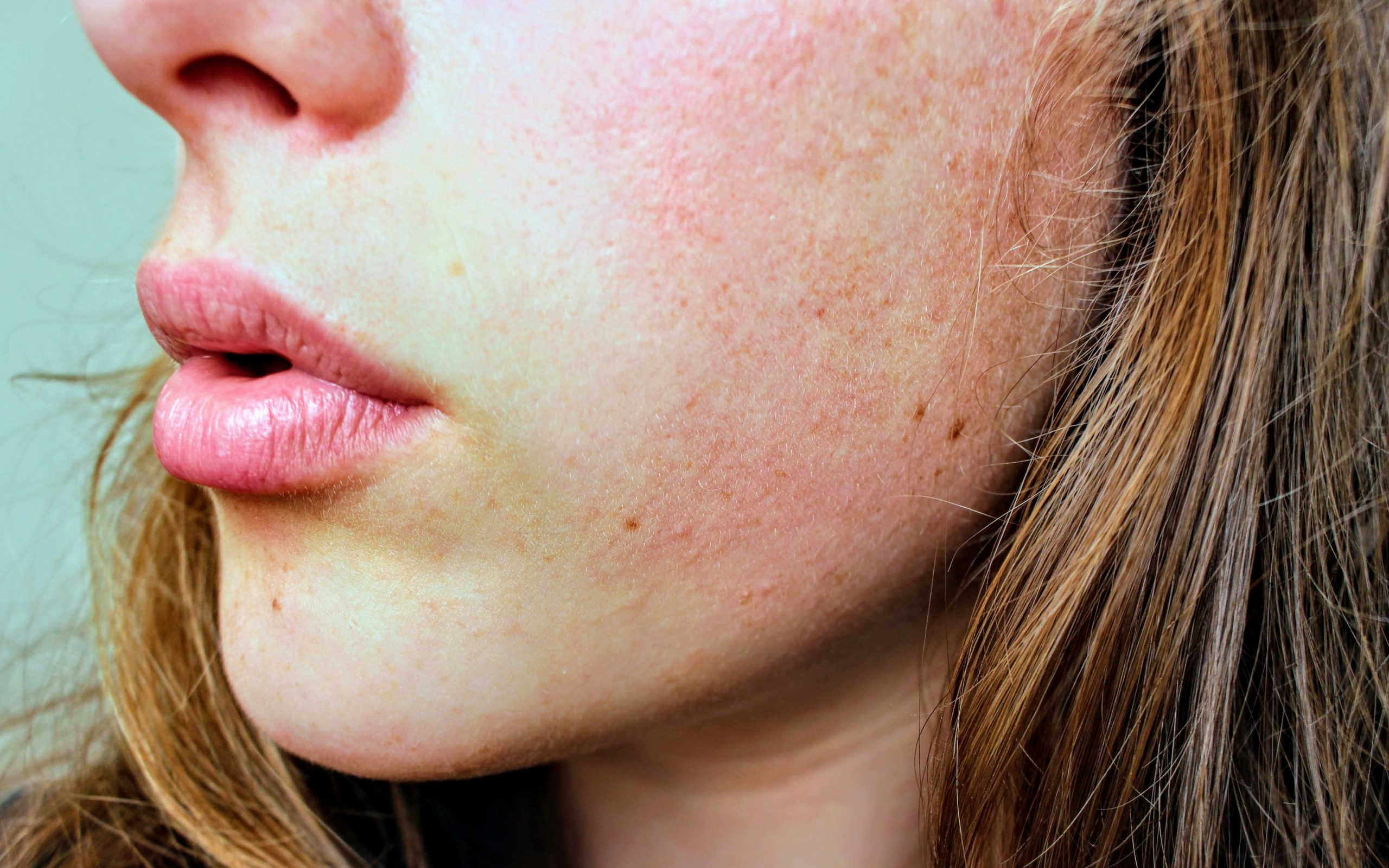
27 Aug Could Dry Skin Be Related to Your Hormones?
Is your skin looking or feeling differently these days? The skin is our body’s largest organ and is a great indication of our overall health. Everything that you do contributes positively or negatively with the quality and physiology of our skin. Our skin is responsible for regulating body temperature, fluids and helps with detoxification. Skin care products, cosmetics, unhealthy lifestyle, smoking, sleep deprivation, sun exposure, nutritional deficiencies are all valid arguments when addressing dry, itchy skin. With so many factors to blame on your dry skin, it is easy to forget that your hormones could be playing a role too.
There are three main hormones that undesirably affect your body’s skin. First of this list is your thyroid hormone. When your thyroid hormone is low, it can cause a multitude of signs like dry, scaly skin. Second, is your stress hormone, cortisol; which is elevated in times of stress. When your body is in a state of stress, it triggers a response to the inflammatory system, which can cause an itching sensation. This is why people with eczema notice “flare-ups” in situations of stress or hormone imbalances. The last of the hormones related to dry skin is your progesterone and estrogen levels.
Dry skin could be correlated to both men and women but for the sake of time I want to focus on the ladies. One of the most common times that dry skin becomes evident is during menopause. This makes sense because declining estrogen levels cause irregularities in our skin. These hormone levels help stimulate oil glands, which help hydration the skin. Chen et al. found in ovariectomized mice that the stratum corneum of the skin had reduced hydration, impairment of the recovery of the permeability barrier function and the integrity of the stratum corneum was weakened. However, when these mice received estrogen replacement therapy all changes were restored. Collagen content, dermal thickness and elasticity were all greatly improved with the addition of estrogen replacement therapy after menopause (Calleja-Agius, 2012).
Other helpful supplements to consider in conjunction with hormone replacement therapy include vitamin C (prevent melanin overproduction), omega-3 fish oils (collagen growth and skin moisture), zinc (fights wrinkles), calcium (cell growth/ regeneration) and vitamin E (antioxidant/moisture).
So now we know the culprit of our dry skin! As G.I. Joe told us in the 80’s, “And knowing is half the battle.” But all this new found knowledge is for naught if we do not do something about it. Schedule an appointment today with your provider and get your hormones tested to support your signs and symptoms. Talk with your provider about options to replete your body with the hormones you have been without. There is no reason to live this way and odds are likely that there are other hormone related symptoms you may have to manage on a daily, if not hourly basis.
Chen, Y., Yokozeki, H. and Katagiri, K. (2017), Physiological and functional changes in the stratum corneum restored by oestrogen in an ovariectomized mice model of climacterium. Exp Dermatol, 26: 394-401. doi:10.1111/exd.13214
J. Calleja-Agius & M. Brincat (2012) The effect of menopause on the skin and other connective tissues, Gynecological Endocrinology, 28:4, 273-277, doi: 10.3109/09513590.2011.613970


